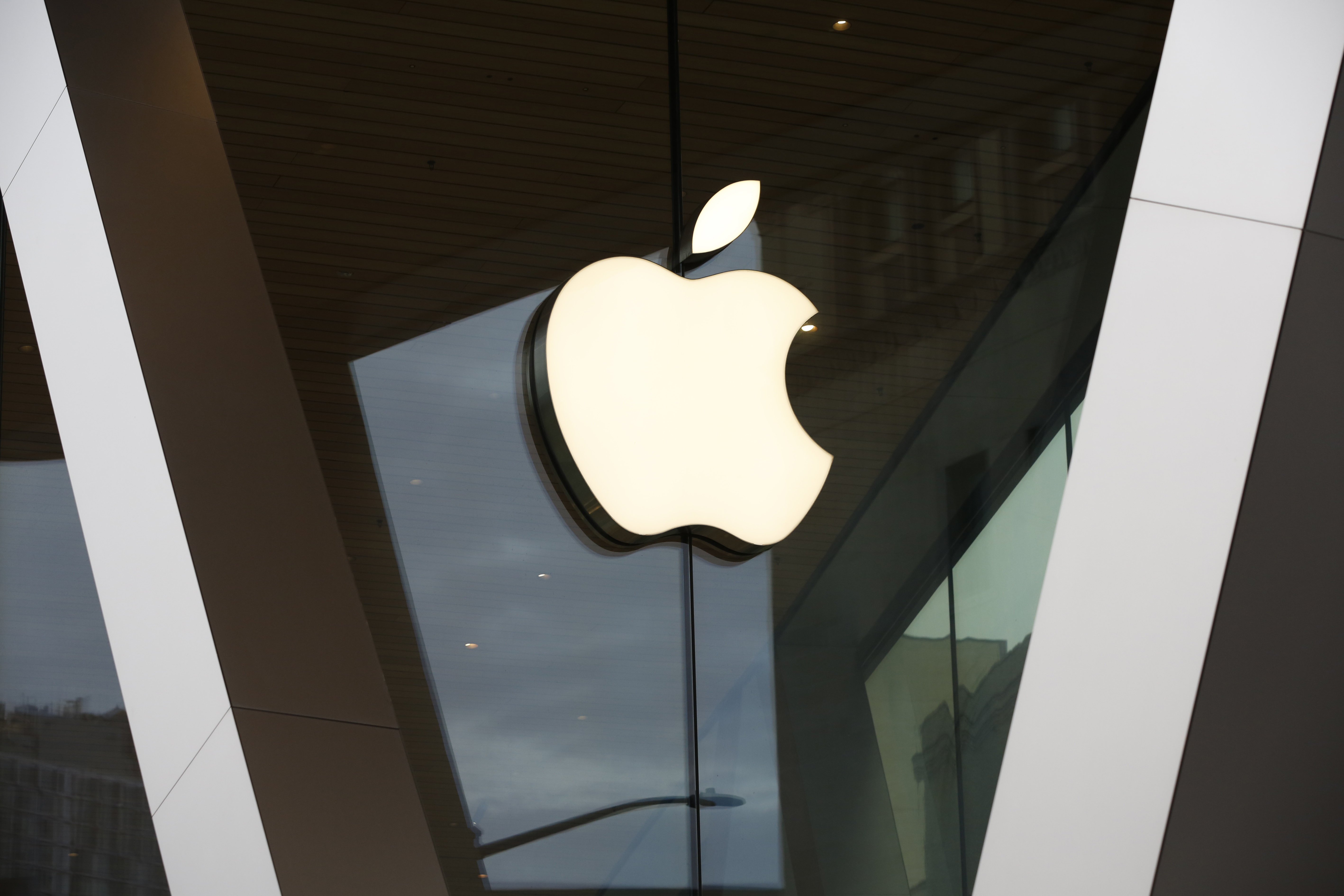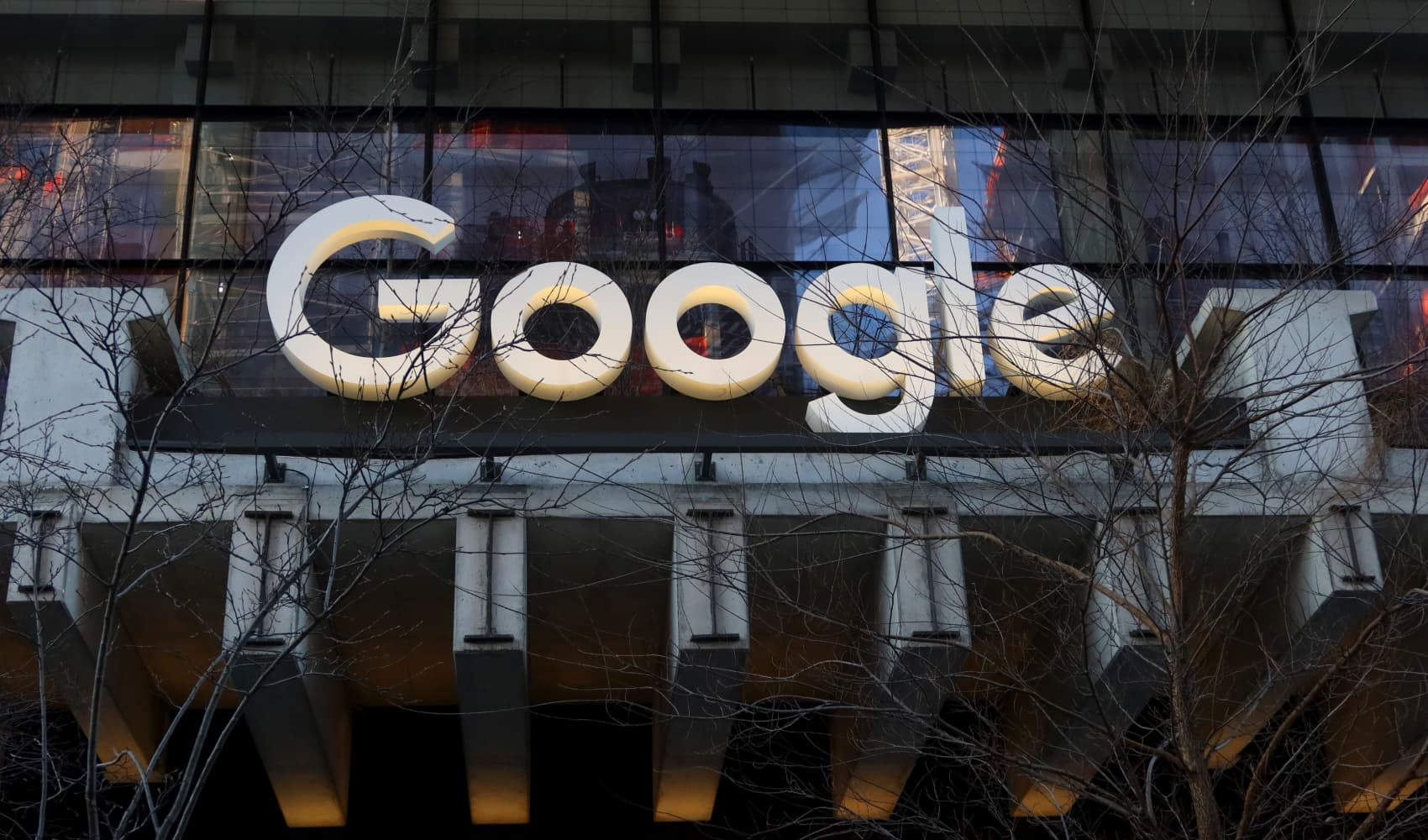Apple Siri Settlement: Claim Your Share of $95M Now!
Siri, Did You Hear That? Apple's $95M Settlement Could Mean Money for You!
Are You Owed Money by Apple? The Clock Is Ticking!
Ever felt like your phone was eavesdropping? Well, if you owned an Apple device with Siri between 2014 and 2024, you might be right! Apple has agreed to a $95 million settlement in a class action lawsuit alleging that Siri was surreptitiously recording conversations. But here's the catch: the deadline to file a claim is fast approaching. Don't miss out on your potential share!
What's This Siri Settlement All About?
The lawsuit, spanning five years, accused Apple of violating privacy by having Siri record conversations without users' explicit knowledge or consent. Imagine your phone secretly listening in on your most private moments – not a pleasant thought, right? This settlement aims to compensate those affected by this alleged breach of privacy.
Am I Eligible? Check Your Apple Device History!
Who Qualifies for a Piece of the $95 Million Pie?
This isn't just for iPhone users! If you owned or purchased any Siri-enabled device between September 17, 2014, and December 31, 2024, you could be eligible. That includes:
- iPhone
- iPad
- Apple Watch
- MacBook
- iMac
- HomePod
- iPod touch
- Apple TV
The Key: Unintended Siri Activation
However, it's not enough to just own one of these devices. You need to have experienced unintended Siri activation during a confidential and private conversation. Think of those times when Siri suddenly popped up, seemingly out of nowhere, while you were discussing something personal. Those instances are what the settlement is targeting.
Understanding the Timeline: Don't Wait!
Why the Urgency?
There's a strict deadline to file your claim. As the article states, there are now fewer than two months to submit your claim. Time is of the essence! Procrastination could cost you money you're rightfully entitled to.
Important Dates to Remember
Mark your calendars! Pay close attention to the official claim deadline to ensure you don't miss out. It's better to be safe than sorry.
How to File a Claim: Your Step-by-Step Guide
Finding the Official Claim Form
The most important thing is to find the official claim form. Don't fall for scams or unofficial websites! The official website for the settlement should be listed on the legal notices related to the case.
What Information Will I Need?
Be prepared to provide some basic information, such as:
- Your name and contact information
- The type of Apple device(s) you owned
- The approximate dates you owned the device(s)
- A brief description of the unintended Siri activations you experienced (if possible)
Completing and Submitting the Form: Tips for Success
Read the instructions carefully before filling out the form. Double-check all your information for accuracy. Submit the form well before the deadline to avoid any last-minute glitches or technical issues.
Understanding the Potential Payout: How Much Could You Get?
Unfortunately, there's no guaranteed amount. The payout will depend on the number of valid claims filed and the judge's final approval of the settlement. It's like a lottery – the more people who enter, the smaller the individual prize.
Factors Influencing Your Share of the Settlement
While the exact formula is complex, factors such as the number of affected devices you owned and the severity of the unintended activations could potentially influence your share.
When Will I Receive My Money?
Patience is key! It typically takes several months, if not longer, for settlements to be processed and payments to be distributed after the claim deadline. You'll likely receive updates via email or mail regarding the status of your claim.
Protecting Yourself from Scams: Stay Vigilant!
Any time there's a large settlement, scammers come out of the woodwork. Be wary of unsolicited emails, phone calls, or text messages promising a guaranteed payout. Always verify information through official sources.
Red Flags to Watch Out For
- Requests for upfront fees or personal financial information (like your bank account number)
- Unsolicited communications claiming to be from the settlement administrator
- Websites that look suspicious or ask for unnecessary personal details
How to Report Suspicious Activity
If you suspect you've been targeted by a scam, report it to the Federal Trade Commission (FTC) or your state's attorney general.
Why This Settlement Matters: A Win for Privacy?
Regardless of the amount you might receive, this settlement sends a message to tech companies that they must prioritize user privacy. It's a reminder that our devices shouldn't be eavesdropping on our private conversations.
The Broader Implications for Tech Companies
This case highlights the importance of transparency and user consent when it comes to data collection and privacy practices. It could potentially influence how other tech companies handle voice assistants and similar technologies in the future.
What Can You Do to Protect Your Privacy?
Even with this settlement, it's crucial to take proactive steps to protect your own privacy. Review your device settings, disable voice assistants when not in use, and be mindful of what you say around your devices.
Apple's Response: What Did They Say?
While Apple agreed to the settlement, they have not admitted any wrongdoing. This is a common practice in class action lawsuits. They likely settled to avoid the cost and hassle of further litigation.
What Does This Mean for Apple Users?
Even though Apple hasn't admitted fault, the settlement suggests that they are taking privacy concerns seriously. It could potentially lead to improvements in Siri's functionality and privacy features.
Beyond Siri: Other Privacy Concerns with Smart Devices
This case raises broader questions about the privacy implications of smart devices in general. From smart speakers to smart TVs, many of our devices are constantly listening and collecting data.
The Future of Privacy in a Connected World
As technology continues to evolve, it's essential to have open and honest conversations about privacy. We need to demand greater transparency and control over our data from the companies that collect it.
Conclusion: Don't Miss Your Chance!
In summary, if you owned a Siri-enabled Apple device between 2014 and 2024 and experienced unintended Siri activations during private conversations, you may be eligible for a portion of Apple's $95 million settlement. Time is running out to file a claim, so act now! Remember to visit the official settlement website, complete the claim form accurately, and be wary of scams. While the payout isn't guaranteed, it's worth pursuing, and this case underscores the importance of protecting your privacy in a connected world.
Frequently Asked Questions
-
How do I know if I experienced "unintended Siri activation"?
Think about instances where Siri activated seemingly on its own, interrupting your conversation when you didn't intentionally trigger it with "Hey Siri" or by pressing the home button. These accidental activations are what the settlement addresses.
-
Where can I find the official settlement website?
Search online for the class action lawsuit name including the keywords “official settlement website”. If you cannot find it this way, seek legal council, as we are not authorized to provide direct links.
-
What happens if I don't remember the exact dates when Siri was unintentionally activated?
Provide your best estimate! The claim form likely allows for approximate dates. It's better to provide an educated guess than to leave the field blank.
-
Is there a minimum payout amount?
No, there is no guaranteed minimum payout amount. The amount you receive will depend on various factors, including the number of valid claims filed and the court's approval of the settlement.
-
What if I no longer own the Apple device I had during the relevant period?
You are still eligible to file a claim, as long as you owned a qualifying device between September 17, 2014, and December 31, 2024, and experienced unintended Siri activations.

